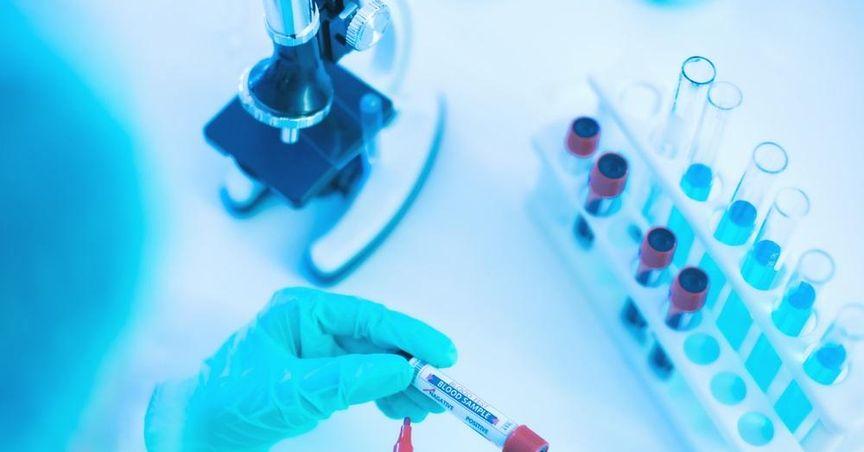Highlights
- Encouraging Results in Salivary Gland Cancer: New Phase 1a data shows meaningful tumor shrinkage in patients with salivary gland cancer (SGC), a rare and challenging disease with no standard metastatic therapy.
- Advancing into Phase 1b Trials: Based on favorable results, Avacta has launched three Phase 1b expansion cohorts in triple-negative breast cancer, soft tissue sarcoma, and salivary gland cancer.
- Improved Safety Profile: AVA6000 demonstrates a reduction in severe toxicities traditionally associated with doxorubicin, particularly in hematologic and cardiac areas.
Avacta Therapeutics (LSE:AVCT), a leading life sciences company specializing in innovative peptide drug conjugates (PDC), has announced compelling new data from its ongoing Phase 1a clinical trial of AVA6000. The trial targets fibroblast activation protein (FAP)-positive solid tumors, with a specific focus on salivary gland cancer (SGC). The latest findings from the trial underscore AVA6000's potential as a novel treatment for patients suffering from SGC, a condition with no defined standard therapy in the metastatic setting.
Positive Efficacy in Salivary Gland Cancer Patients
The Phase 1a trial of AVA6000, which involves a doxorubicin conjugated with Avacta’s proprietary pre|CISION® peptide, yielded promising results. Among 10 patients who were treated with doses of 250 mg/m2 or higher, five patients experienced tumor shrinkage, including one partial response and four minor responses. This represents a significant milestone for a disease where treatment options are limited.
Additionally, six out of these 10 patients are continuing their treatment, while two others who have completed their maximum treatment cycles are still under follow-up to assess progression-free survival.
Enhanced Safety Profile
One of the most compelling aspects of the data is the safety profile of AVA6000. The treatment showed a robust reduction in the severe hematologic and cardiac toxicities commonly associated with conventional doxorubicin therapies. This improvement in safety is a critical factor in enhancing the quality of life for patients undergoing cancer treatment, positioning AVA6000 as a safer alternative to traditional chemotherapy options.
Phase 1b Expansion and Future Prospects
Encouraged by these positive findings, Avacta has initiated three Phase 1b expansion cohorts to further investigate AVA6000’s efficacy. These cohorts will focus on triple-negative breast cancer, soft tissue sarcoma, and salivary gland cancer, with treatments planned for both the first and second-line settings. Patient screening is currently underway, and the company anticipates that the first patients in these expansion trials will be treated soon in the US.



